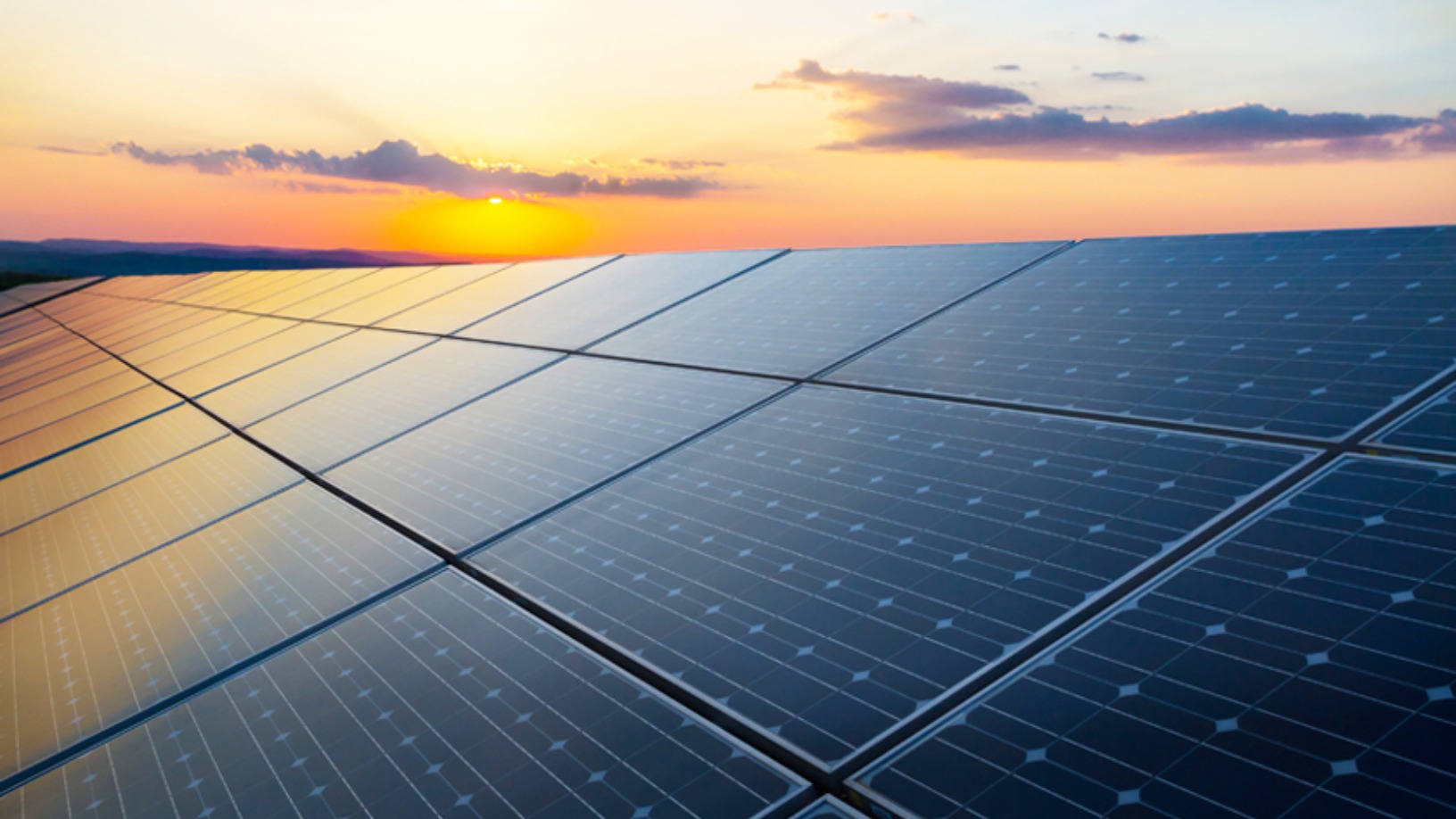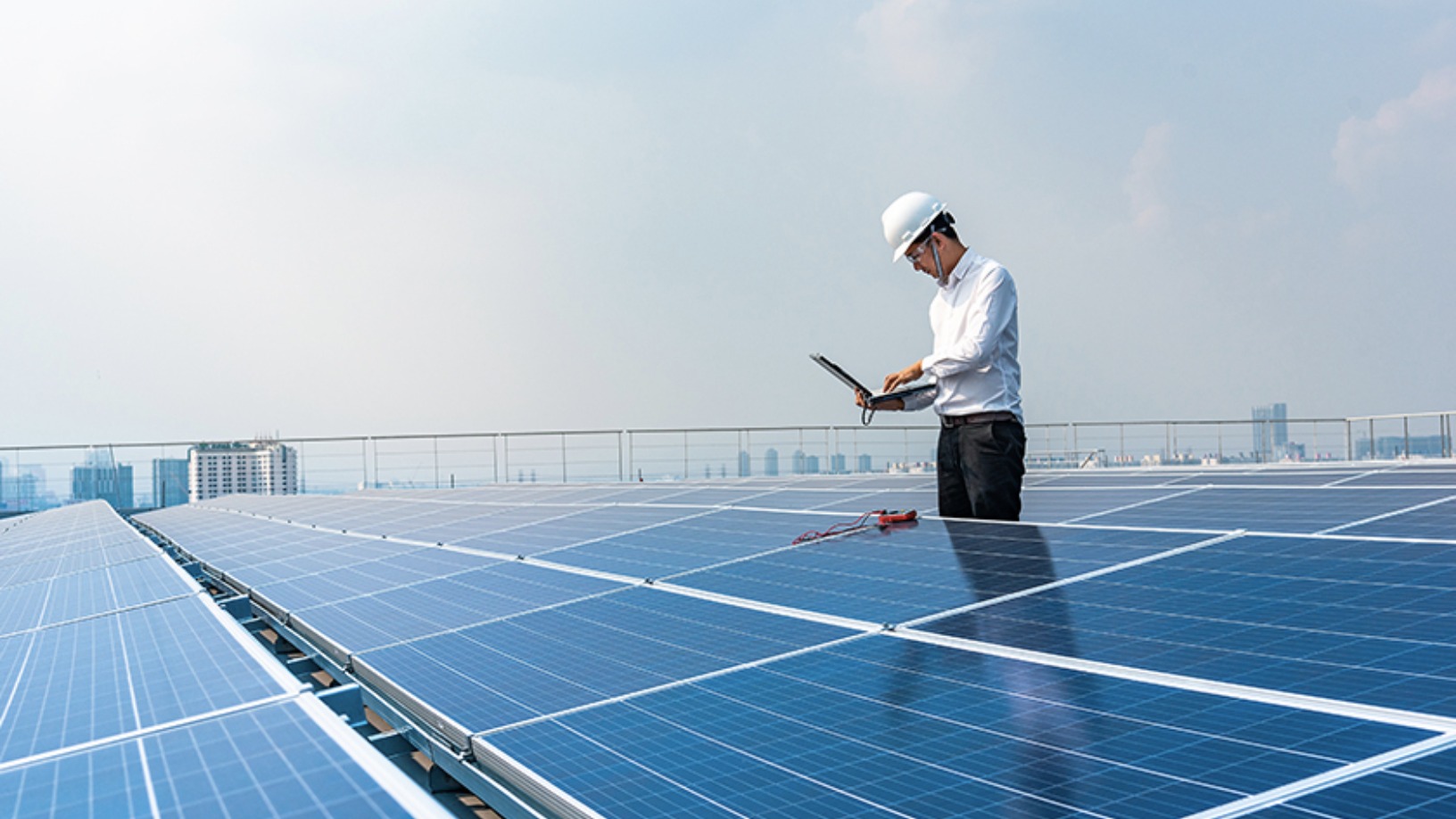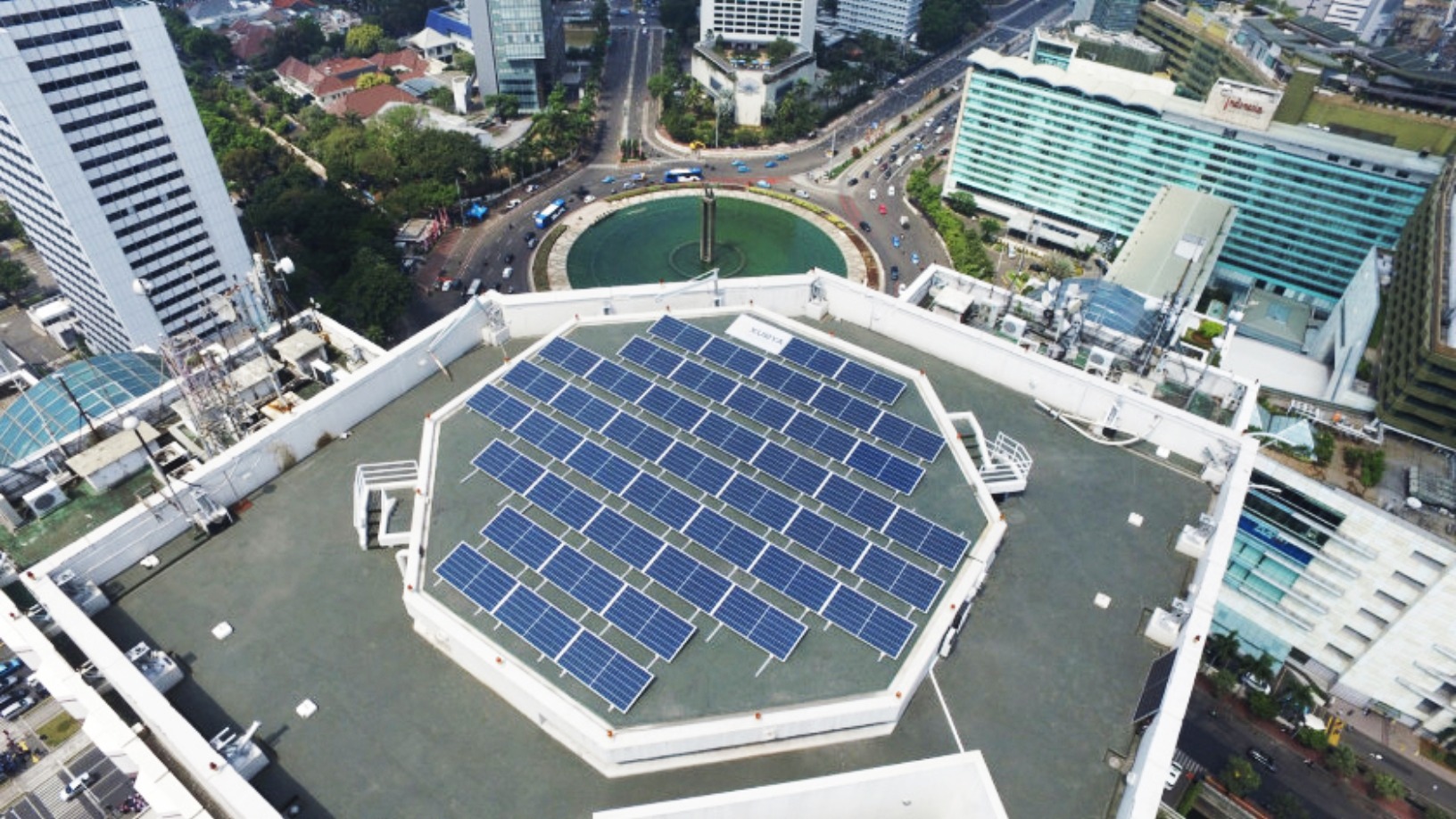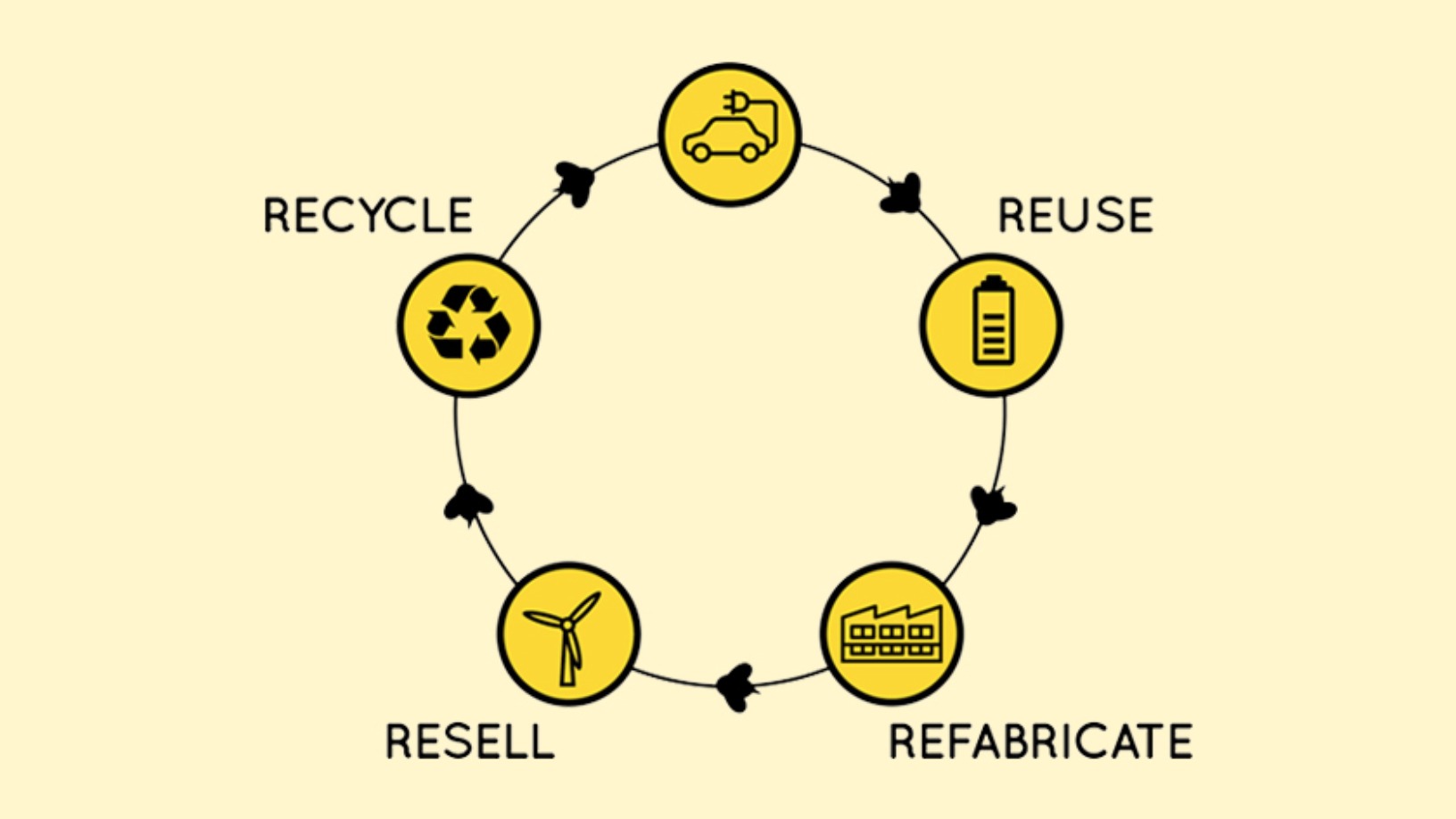Within two years of entering the Southeast Asian market, New Energy Nexus has created a $4m clean energy seed fund for its Indonesian incubation and acceleration programs and made its first investment in Bina Lintas Usaha Energi (BLUE), a startup that runs the Warung Energi e-commerce marketplace, selling solar power equipment.
Diyanto Imam, Accelerator Program Director of New Energy Nexus Indonesia, who spoke to CompassList recently via an online call, said the company is investing time and energy in Indonesia because the country “does not lack founders with interesting vision and ideas.”
“What's needed is support for founders, so they can commercialize their innovations and ensure they create positive impact for the economy and society,” said Imam, who also pointed out Indonesia is still open to adopting different forms of technology or renewable energy sources. This lack of dominant focuses "means we are free to support the development of any kind of new energy startup.”
New Energy Nexus began in 2004 as the California Clean Energy Fund (CalCEF). Starting with a $30m fund, it invested in companies like solar cell maker Solarcentury and electric vehicle innovator Tesla Motors. Since 2015, New Energy Nexus has been working with international partners like GIZ (the German agency for international development) and IKEA Foundation to promote renewables and smart energy worldwide.
Headquartered in Oakland, the international non-profit investor currently operates programs in the US, China, India, and East Africa. It launched its first Southeast Asianbranches in Indonesia and Thailand in 2018. It also has a presence in the Philippines, Singapore and Vietnam.
Indonesia does not lack founders with interesting vision and ideas. What’s needed is support for them so they can commercialize their innovations
In August 2019, IKEA Foundation committed $10m over three years for New Energy Nexus Indonesia’s programs. The $4m clean energy seed fund was created out of IKEA Foundation’s grant.
New Energy Nexus Indonesia has already hosted 35 startups in workshops, and incubator and accelerator programs. It also aims to raise awareness of renewables and smart energy through community outreach. The company expects another 200 Indonesian startups to apply to its incubator or accelerator programs in the next one year.
In addition to its own incubator and accelerator programs, New Energy Nexus uses its global network to connect other early stage startup supporters and investors with clean energy entrepreneurs. It also develops and administers grant programs on behalf of governments, foundations, family offices and high-net-worth individuals. To date, it has distributed $43,400 in grants to startups in Indonesia.
From ideas to prototypes
Besides supporting startups with professional advice on markets, launch strategies, fundraising and networking opportunities, New Energy Nexus uses public seminars and hackathons to attract and encourage aspiring entrepreneurs. Promising individuals and teams are brought into incubator or accelerator programs and are helped to present their ideas to a business audience. The company also supports prototype development and provides opportunities for startups to launch pilot projects.
We help people develop their ideas into prototypes, so that others can see the examples. Without examples, nobody would be interested
Ailesh Power is one such startup that participated in a March 2019 incubator program jointly conducted by New Energy Nexus and startup accelerator Digitaraya. Ailesh Power develops briquettes from palm oil husk to provide biomethane-rich gas for fuel. Another startup from the same batch is Weston Energy, which works with NGOs and other clients to provide solar energy in far-flung rural areas outside the national power grid.
“We support people in developing their ideas into prototypes, so that others can see the examples to emulate," Imam said. “Without examples, nobody would be interested, and nobody would be talking about it.”
Most of the startups that apply to join New Energy Nexus programs are in the solar power, energy management or biomass-based fuel sectors but there are some exceptions, said Imam.
A startup called Pendulum, for example, is developing a miniature power generator that converts energy from sea waves into electricity. Its technology is being tested on traditional fishing platforms in the south coast of East Java province, where ocean swells and trade winds create strong waves all year round.
No need for billion-dollar projects
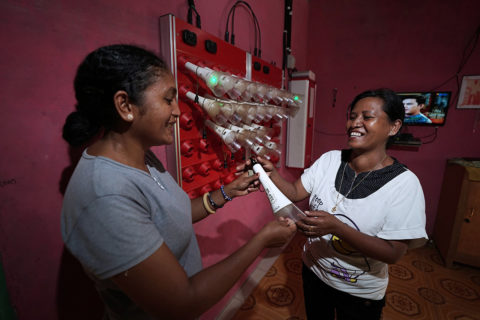
New Energy Nexus’s outreach activities are not only targeted at startups and aspiring entrepreneurs; they are also aimed at government agencies and big corporations, which, according to Imam, need to understand that startups can also help save energy or make the transition to renewable energy.
“For example, Powerbrain, one of the startups in our program, is developing a device that can monitor and control energy use in buildings, specifically for air conditioning.”
Another New Energy Nexus alumnus, RESCO Sumba, is an example of a startup that can help the government provide basic electricity to remote regions, said Imam. The company leases rechargeable lanterns and refrigerators for use in shops that are powered by solar micro-grids, enabling many families and women-owned businesses to reduce reliance on kerosene to light lanterns.
Another area where startups could provide support, despite the crucial role of government to build the supporting infrastructure, is electric vehicles. According to Imam, startups could develop charging stations powered by solar panels.
New Energy Nexus Investment Director Yeni Tjiunardi, who was also at the interview, suggested that startups can also repurpose old EV batteries. “Batteries with reduced efficiency need not be thrown out. Instead, the batteries can be used for secondary businesses, such as solar power storage in residential settings," she added.
Renewable energy isn't always about big, billion-dollar infrastructure projects
“We're not saying that the government needs to give special treatment to new energy startups, but the government needs to understand that renewable energy isn't always about big, billion-dollar infrastructure projects," Imam said. The government has responded by re-broadcasting New Energy Nexus social media campaigns and connecting it to local communities.
Meanwhile, after prohibiting the export of raw nickel in 2019, the Indonesian government plans to establish facilities for lithium battery manufacturing as part of a nickel downstream industry. President Joko Widodo announced recently that Indonesia aims to be the world’s largest EV battery manufacturer and a government team will meet Tesla executives to discuss a potential factory deal.
Patient capital
Speaking about New Energy Nexus’s investment in BLUE, Tjiunardi said the company spotted the potential in BLUE’s passionate, focused team when it joined its incubator program in 2019, and helped it explore IoT technologies used in small-scale solar power installations.
She declined to reveal the size of the funding in BLUE, but said New Energy Nexus will provide BLUE with networking and pitching opportunities at a global scale, for example, through its annual global Accelerate Energy Summit.
Tjiunardi said unlike most other VCs, New Energy Nexus operates with “patient capital,” giving startups a timeframe of three to five years to achieve growth and find their path to profitability. This, she added, is different from VCs that expect portfolio companies to achieve explosive growth within a few months of raising new funds.
“Most VCs want to see hockey-stick growth. We have a renewable energy background, so we understand the nitty-gritty of the business. When we evaluate a startup, we evaluate the team and ideas that can be scalable, not when they can triple our money.”
